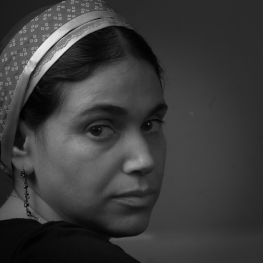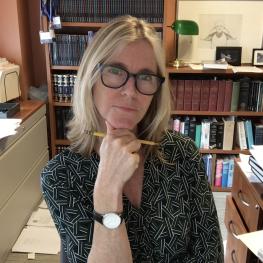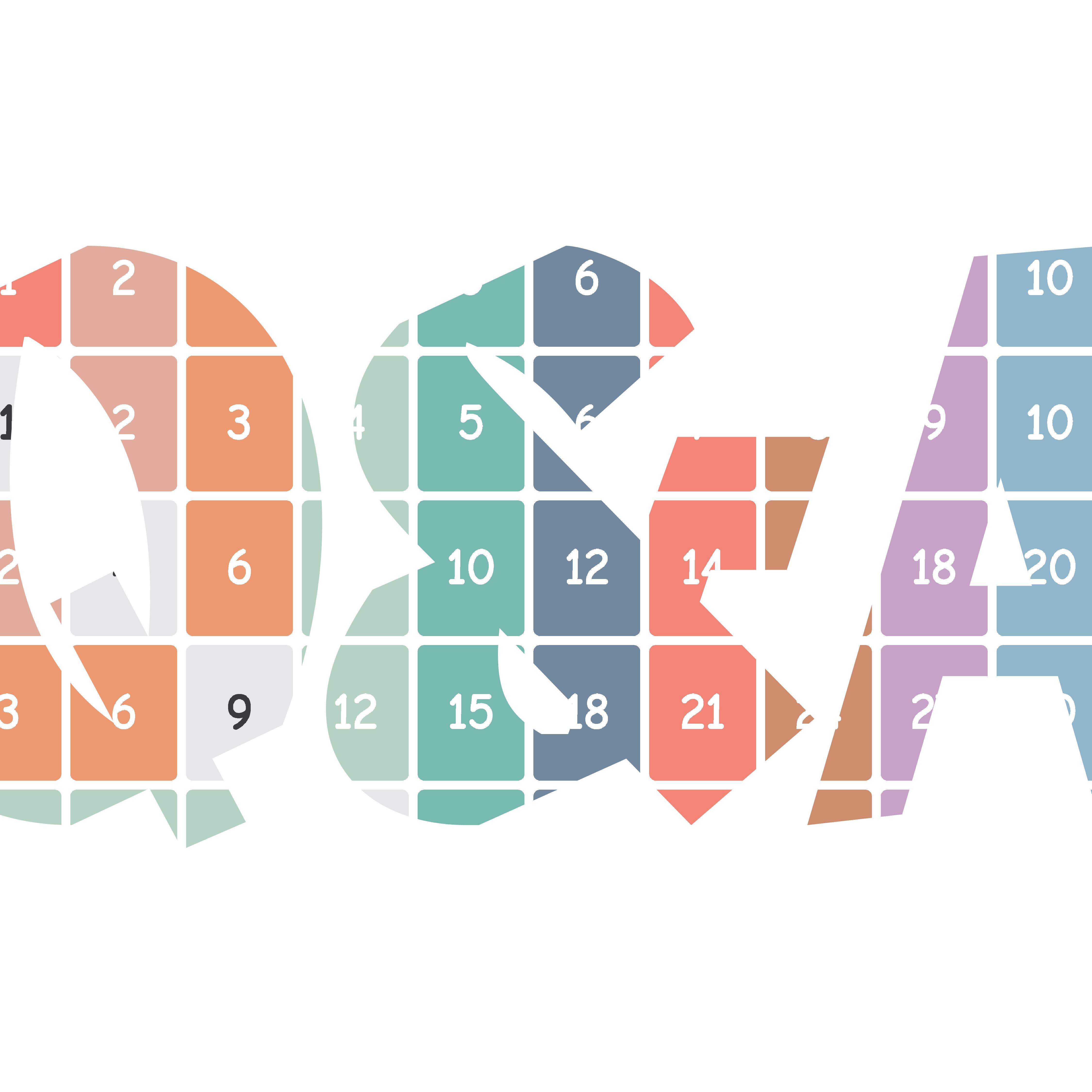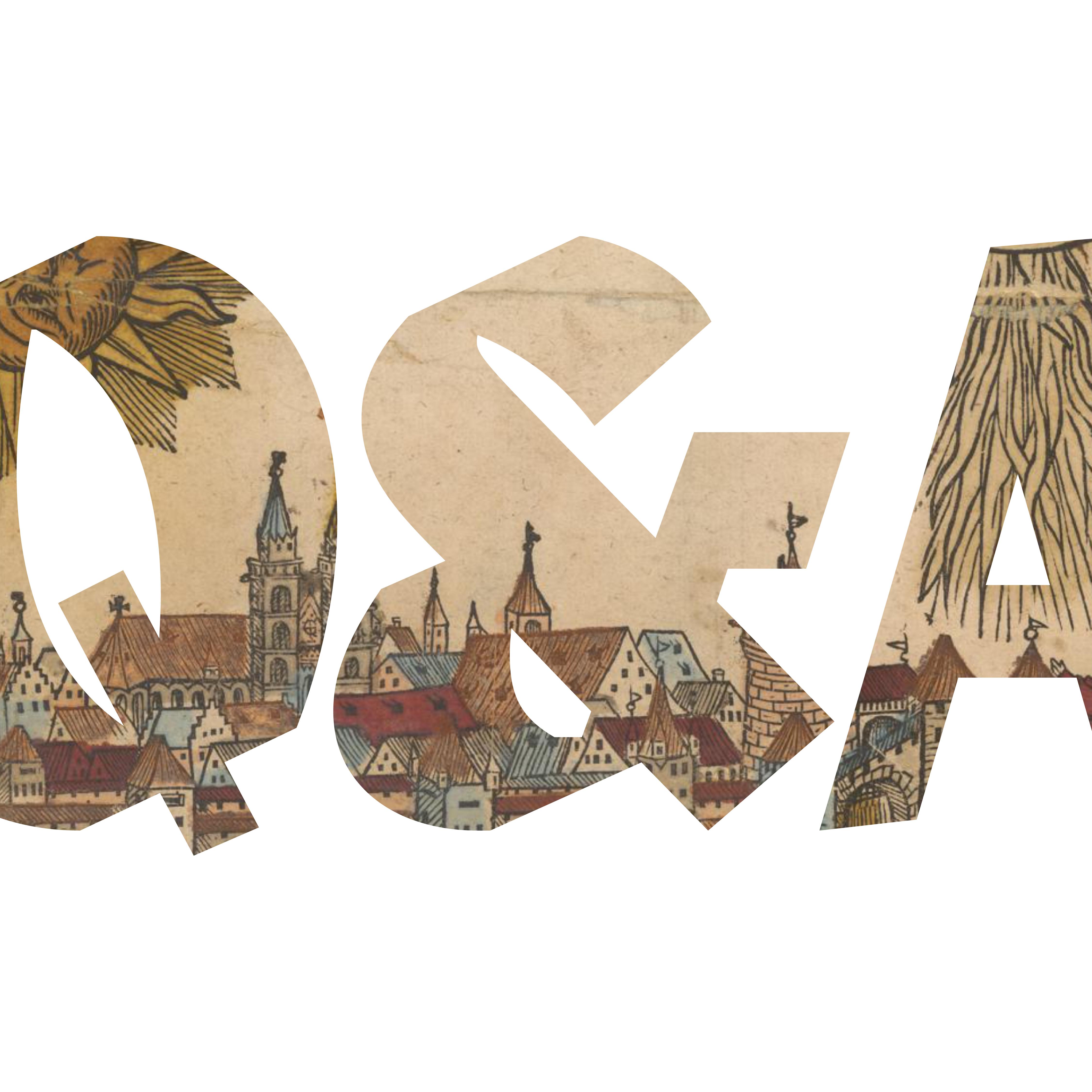Q&A: Katz Center Fellow Rivka Neriya-Ben Shahar Trains Her Anthropologist’s Lens on Ultra-Orthodox and Amish Communities
Q&A: Katz Center fellow Rivka Neriya-Ben Shahar finds women’s voices in deeply religious communities
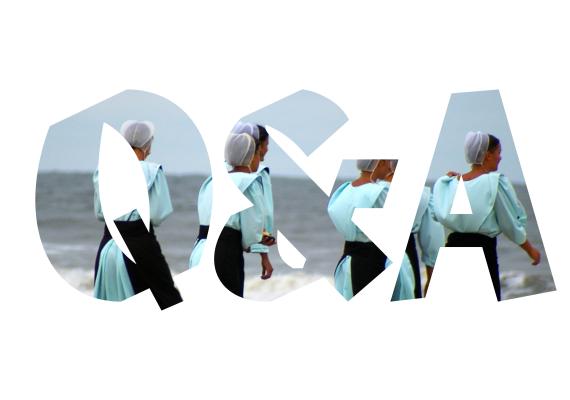
Pasteur, Detail: Young Amish Women at the Beach in Chincoteague, Virginia, United States, Wikimedia Commons.
Natalie Dohrmann (NBD): Rivka, tell us a bit about your broad scholarly interests, what drew you to them, and what especially excites you about them personally and/or intellectually.
Rivka Neriya-Ben Shahar (RNBS): I appreciate your question. My research centers on the interconnection between religion, gender, and media—three elements I find inseparable. Understanding religion requires that we address gender dynamics, and vice versa. Simultaneously, most of our worldviews are shaped through media channels, from traditional news outlets like The New York Times to social platforms like TikTok. Growing up in Israel's National ultra-Orthodox community, I began formulating my research questions early, by contemplating what it means to be religious, particularly as a woman, in a secular world. I explore how men exercise control over women and how the media both challenges and reinforces existing power structures.
My research specifically examines women from two of the Western world's most conservative religious groups—the Amish and ultra-Orthodox Jews—as they illuminate the complex relationships between religion, gender, and technology. Recently, health has emerged as a fourth dimension in my work. I've studied ultra-Orthodox interactions with Israel's health system alongside colleagues (Prof. Fany Yuval and Prof. Aviad Tur Sinai), and my upcoming project will investigate Amish and ultra-Orthodox women's perspectives on family size. These communities are doubling their populations in the Western world, which I find to be a phenomenon worthy of deeper understanding.
NBD: You work with very conservative religious communities. What about medicine and healthcare are particularly difficult for them to accept?
RNBS: The Amish face challenges with the concepts of modern medicine and insurance. Many remain skeptical of contemporary medical practices, primarily seeking hospital care for traumatic injuries. They view commercial insurance as demonstrating insufficient faith in the abilities of God and community support. Instead, when medical expenses arise, the community collectively contributes—effectively creating social, rather than commercial, insurance.
Ultra-Orthodox communities generally accept modern medicine and insurance but encounter difficulties with compliance. Their primary concerns involve specific treatments—particularly in gynecology and fertility—and medical care during the Sabbath and holidays. Our research team, among other scholars, has observed the significant role rabbis play in health decisions. One particularly revealing question we posed in both questionnaires and focus groups was: "If your doctor recommends one treatment and your rabbi suggests another, which would you follow?"
NBD: What about your research has surprised you the most? Can you bring an example or two?
RNBS: What astonished me most was seeing the profound contentment and fulfillment expressed by many Amish and ultra-Orthodox women. Having been raised in a strict religious environment myself, I assumed happiness would be elusive when—like many ultra-Orthodox women—one is managing seven children alongside full-time employment, often in careers not freely chosen. The sheer exhaustion seemed like it would be prohibitive to happiness.
Amish women, who primarily work as stay-at-home mothers, perform incredibly demanding physical labor without modern conveniences we take for granted—things like washing machines, vacuum cleaners, and organized childcare. Their resilience initially puzzled me. I discovered that many women in both communities experience greater satisfaction than numerous modern women I know, including myself. Our liberal lifestyles and freedom of choice can carry their own burden—constant uncertainty about whether we’ve made optimal decisions for ourselves, our families, our communities, and our workplaces. Many Amish and ultra-Orthodox women possess a serene confidence that they're "in the right place, doing the right thing." While I sometimes envy this certainty, I wouldn't exchange my freedom for it.
NBD: How do you process your different subject position as an anthropologist when working with the Amish compared to the ultra-Orthodox?
RNBS: With both communities, I simultaneously occupy both insider and outsider positions. As a fellow deeply religious woman and mother, we share numerous values and practices, providing endless conversation topics—from spiritual beliefs to child-rearing approaches and recipes. I actively participate in household tasks in both communities, washing dishes and folding laundry, which facilitates closeness and creates opportunities for conversations with these perpetually busy women.
My attire—religious but neither Amish nor ultra-Orthodox—visually establishes my role as participant-observer. No one mistakenly identifies me as a community member. However, having grown up with ultra-Orthodox family and friends, I recognize subtle cultural nuances that have become so ingrained I might otherwise overlook questioning them. The Amish experience is a complete novelty to me—their Pennsylvania Dutch language, distinctive clothing, horse-and-buggy transportation, the absence of electricity, and the challenge of maintaining kosher dietary practices in kitchens frequently using lard and pork.
NBD: Has being part of a residential fellowship made an impact on your scholarship? If so, how?
RNBS: Absolutely, and I'll never find adequate words to express my gratitude to the Katz Center. The community you've cultivated has been transformative. Through seminars, shared meals, and excursions, I've had the privilege of engaging with brilliant scholars across diverse fields and historical periods. The Katz Center fosters a remarkably supportive environment. Before my presentation, I felt a sense of excitement and an eagerness for feedback rather than apprehension. I trusted that everyone's objective was to improve my research, not to showcase their own intellectual prowess.
It's difficult to articulate what this year has meant for a scholar from a peripheral Israeli college. The resources, libraries, time, and space have been invaluable. Reading Virginia Woolf's A Room of One's Own and Three Guineas during my feminist studies, I struggled to imagine women actually having their own spaces and sufficient resources. My spouse and I completed our doctoral dissertations sharing a single dining table in a cramped Jerusalem apartment. Until this fellowship, I'd never had a dedicated office or study. The physical space and financial support have profoundly impacted my ability to work, think, and develop my research in ways I previously couldn't imagine.
